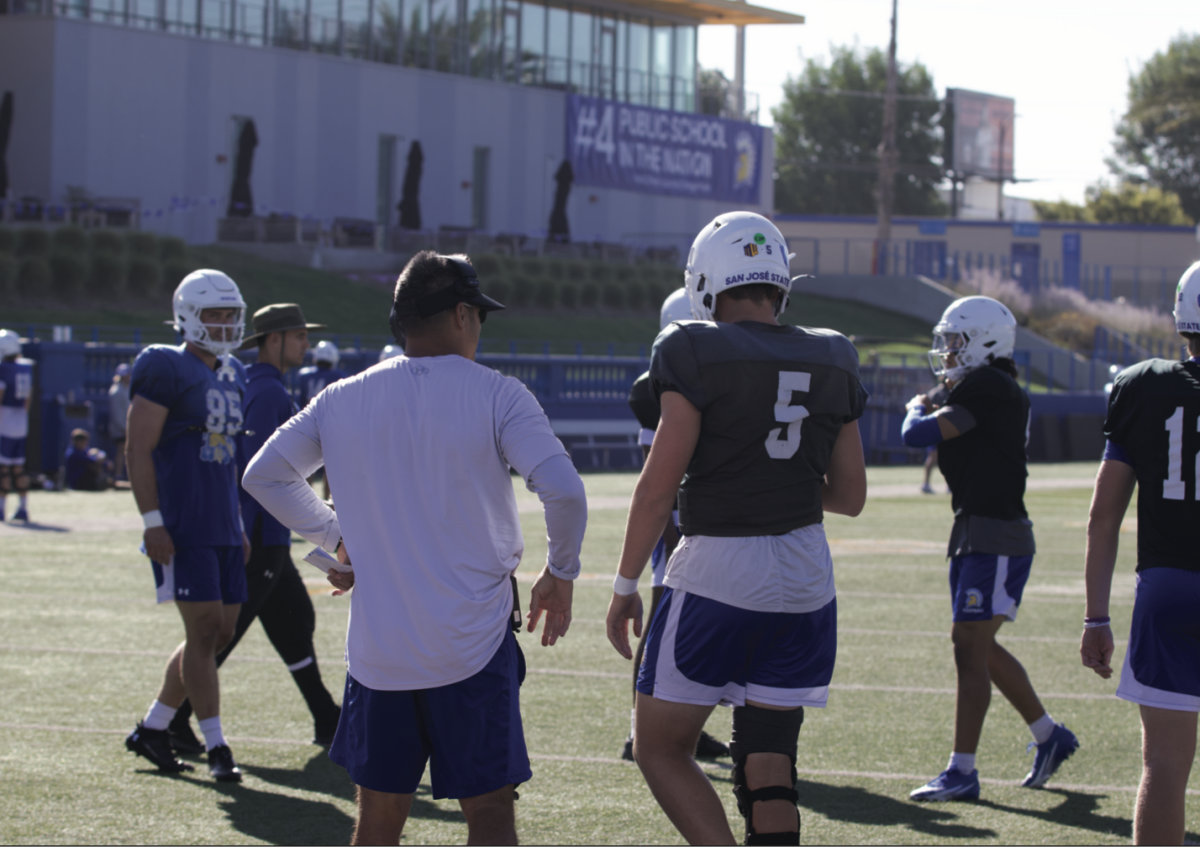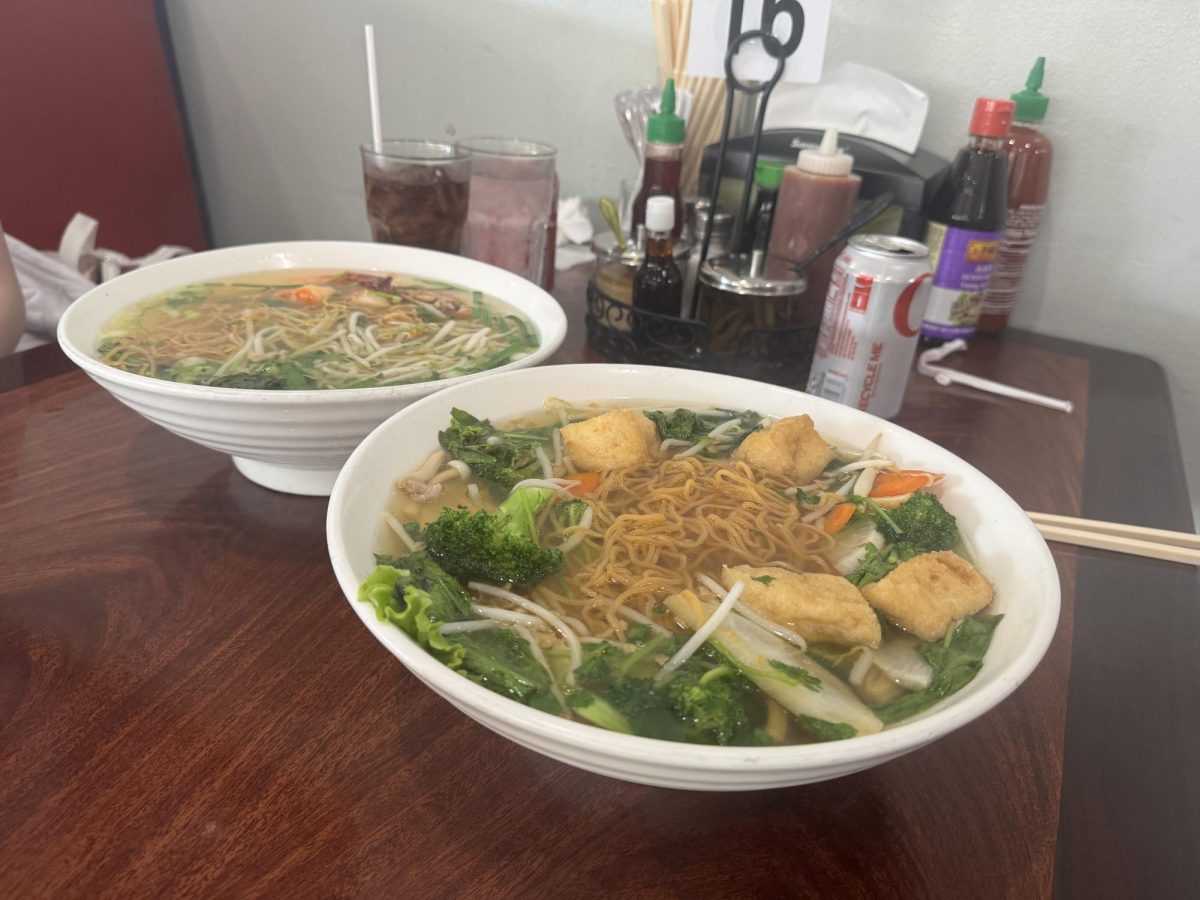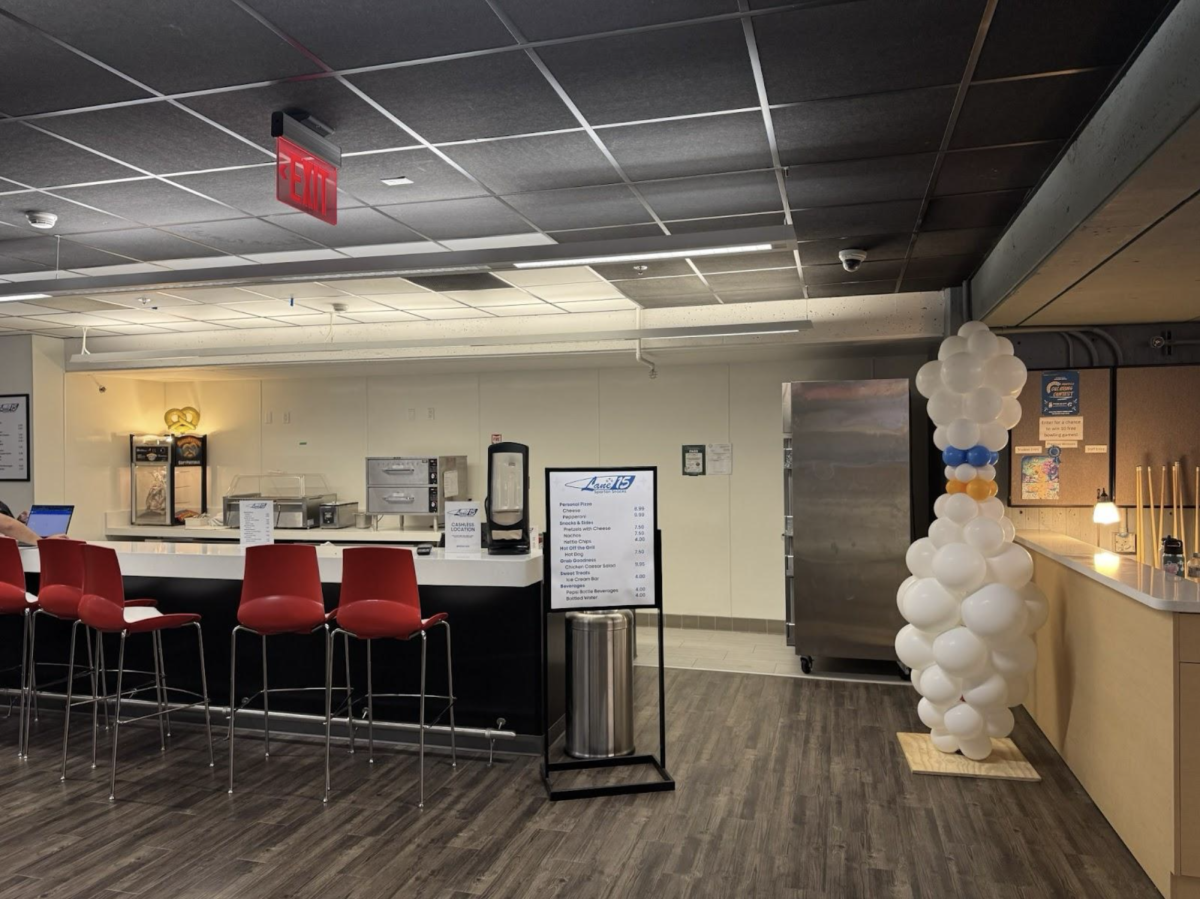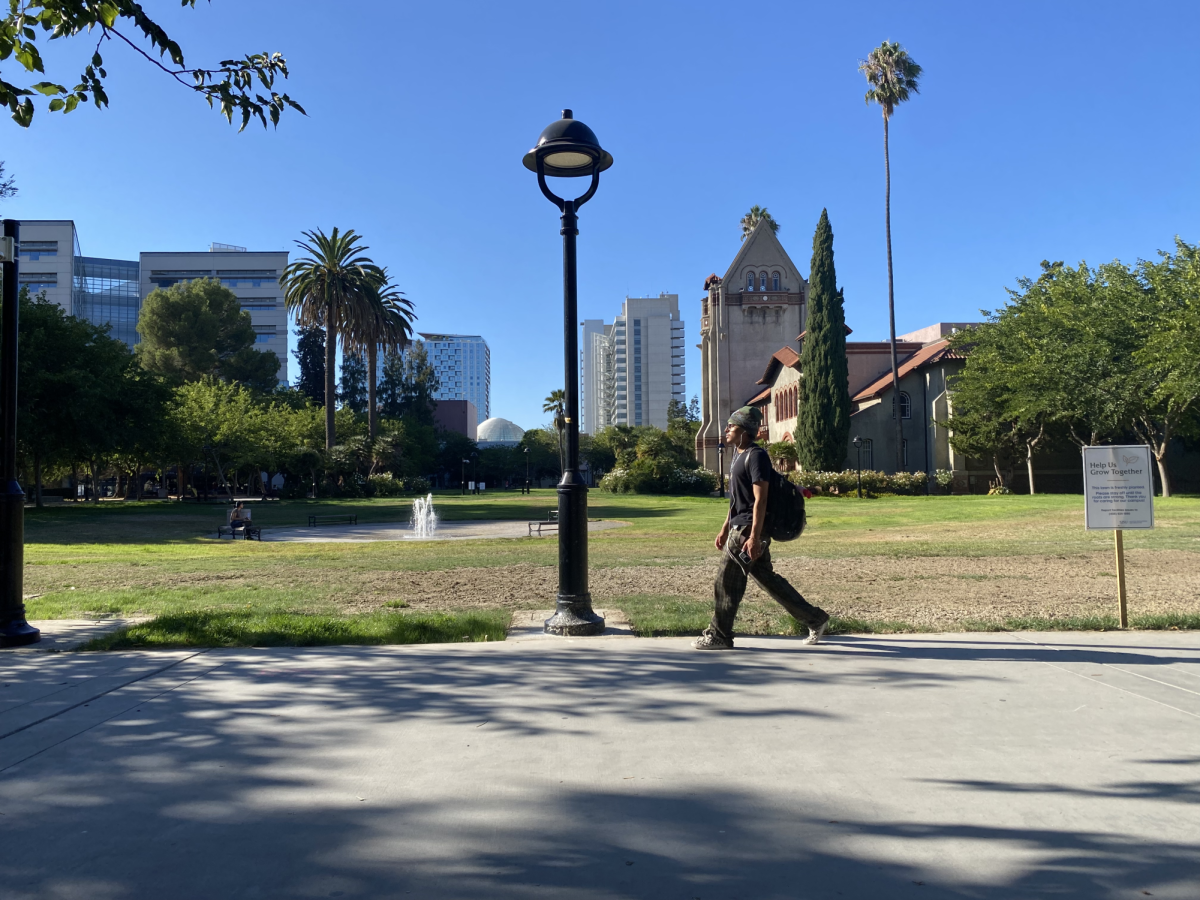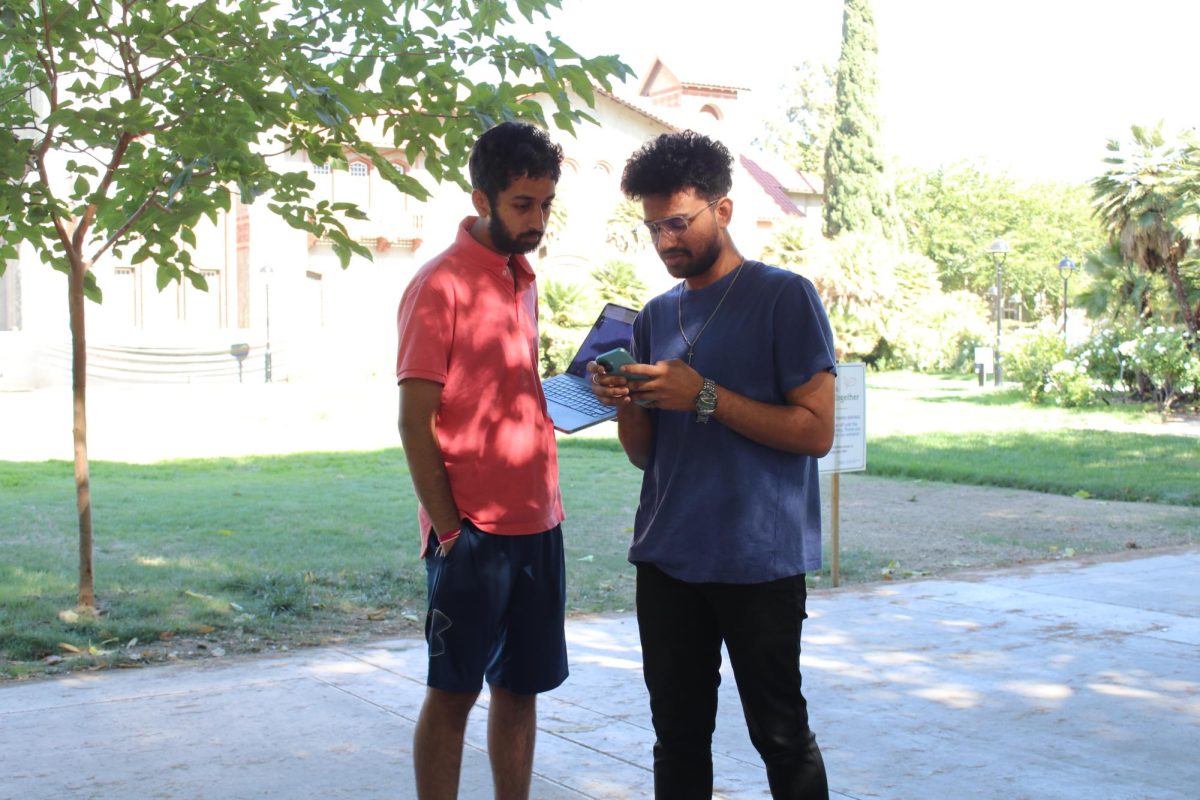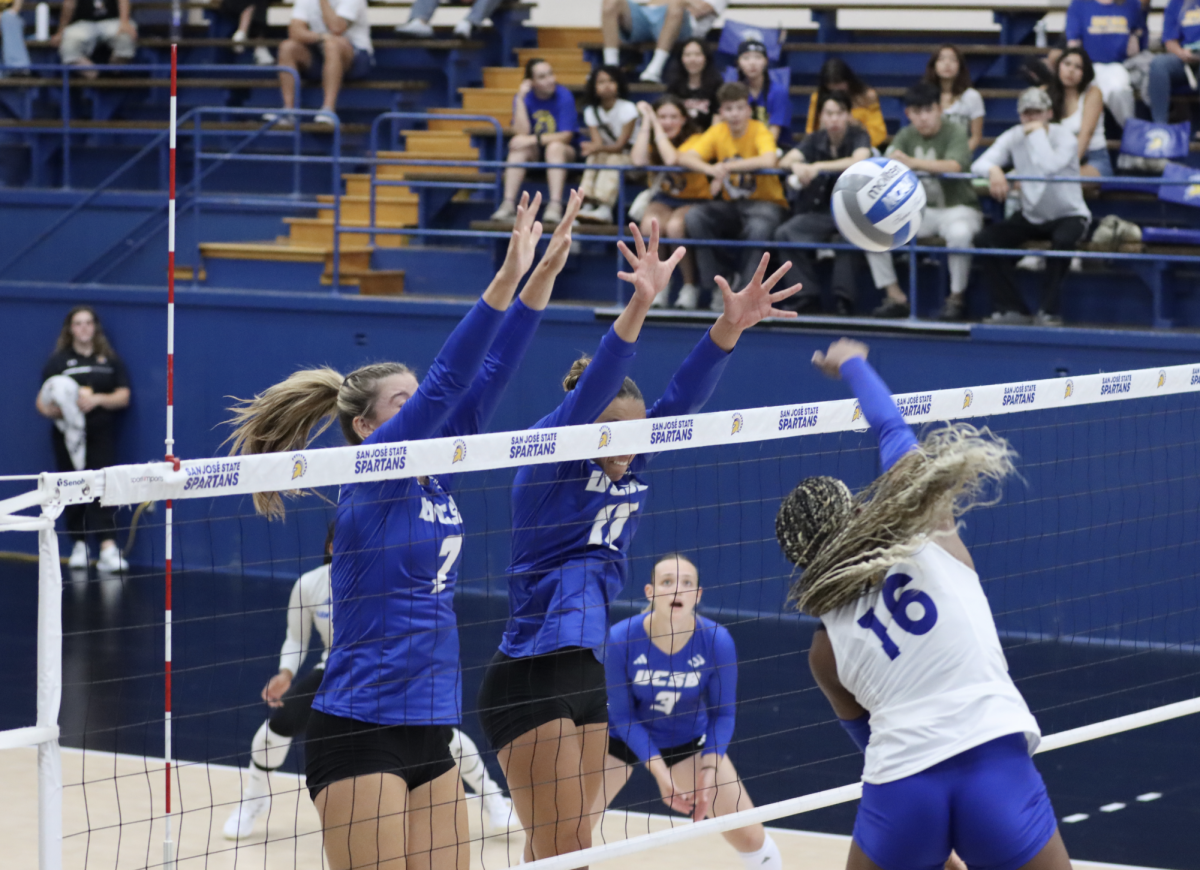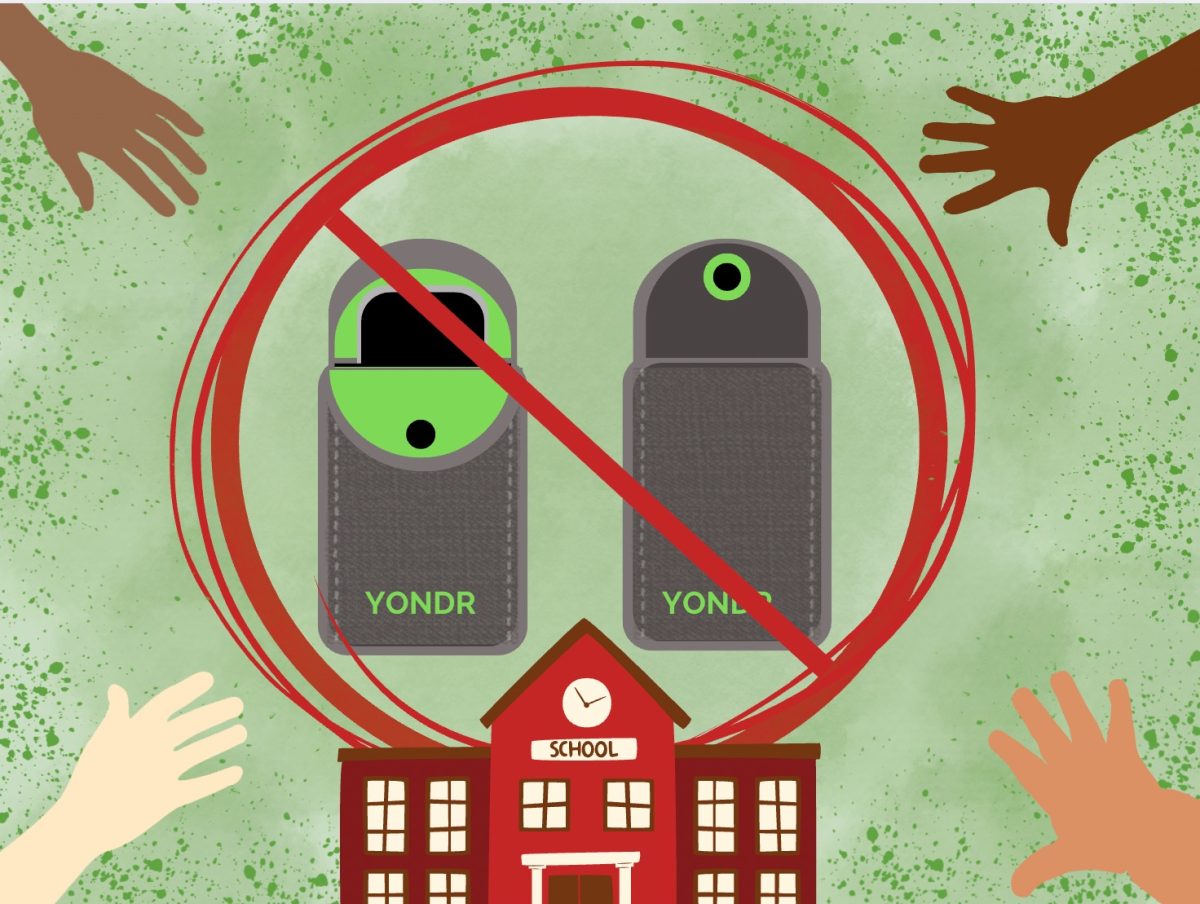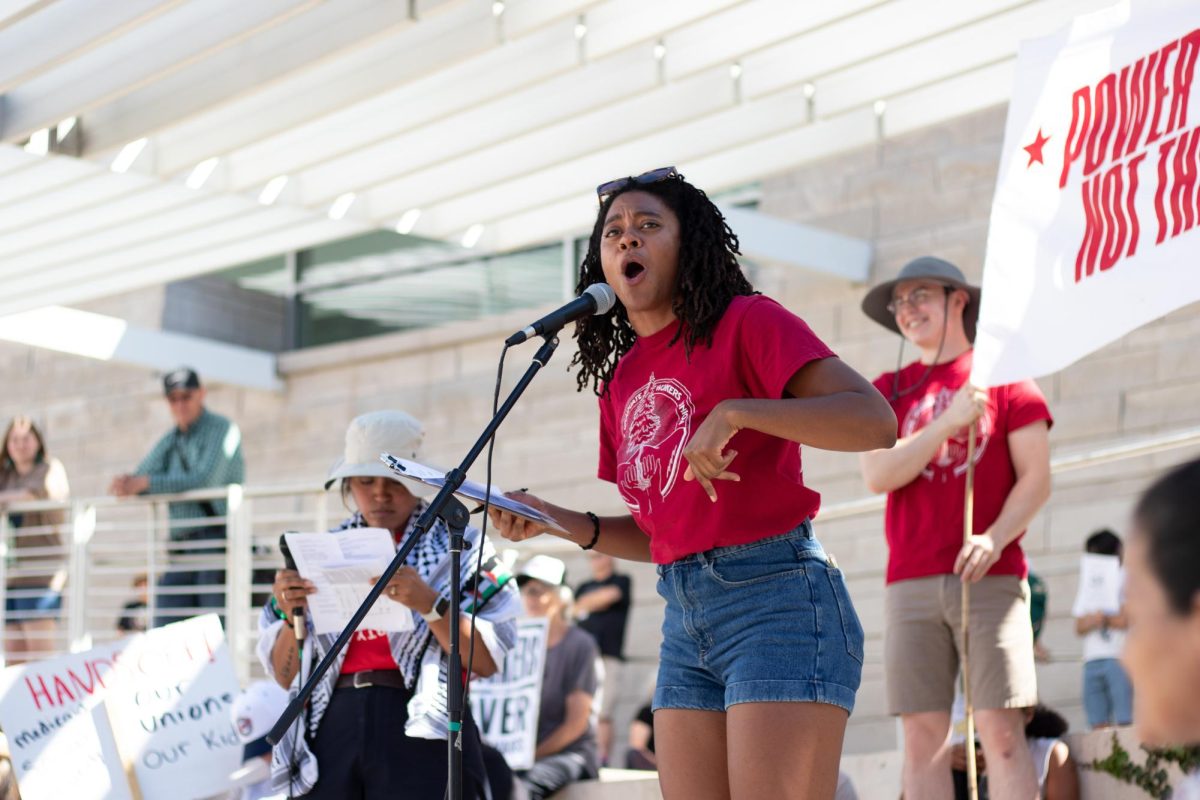Following the AI initiative announcement in February, San José State is rolling out new artificial intelligence systems open to students.
In an announcement made Feb. 4 2025, all 23 California State Universities adopted artificial intelligence tools to enhance learning, according to the CSU website.
This initiative marks the nation’s first university system to incorporate such tools. The merger further allows the CSU system to work with OpenAI to give students ChatGPT Edu, an advanced and more secure version for universities, according to the same website.
This addition opens universities to collaborate with tech companies like Microsoft and Adobe, according to a press release made in early February on the Cal State website.
With these new partnerships taking shape, students and faculty are navigating the integration of AI tools in the university system.
Champany Thach, a nutrition student, noted how having access to expert systems changed how she tackles studying.
She explained that intelligence tools are practical in her routine as a student.
“The kind of AI sites I use are to make study guides,“ she said. “There’s a website where you can upload your notes and then it makes questions.”
Thach highlighted how AI tools could be used as an asset in education, not just for students, but for professors as well.
Graciela Lacy, an elementary education and teaching student, described how some of her professors are adapting to the addition of smart tools and encouraging the use of them in class.
“We use it to see if it can generate math problems for a lesson plan,” Lacy said.
She said most of her professors advise students to use it as a brainstorming tool and build upon them.
“They have us do some of the problems with it and then see if it gets it correct,” Lacy said.
While faculty embrace AI in classrooms, resource centers on campus are adding other tools to help support the academic and career goals students might have.
Naomi Oluseyi-Oke, an SJSU Peer Connection Career advisor, talked about different AI powered tools available to students.
“A lot of our tools incorporate AI, specifically VMock,” Oluseyi-Oke said. “When you upload your resume it gives you auto-generated ways to fix it; spelling, formatting and tips and tricks.”
According to VMock’s website, the tool assists students by doing full resume reviews, giving guidance to perfect a students profile.
The center also provides access to Big Interview, where students can get AI assistance with mock interviews. The AI system gives students a variety of interview questions and helps students improve their responses, according to the SJSU Career Center webpage.
“In terms of how you respond, it sees what you say and gives you better ways to say that or just to improve your interviewing skills,” Oluseyi-Oke said.
Aside from the career center providing support, AI tools are also being integrated through other campus services.
The Dr. Martin Luther King, Jr. Library has embedded new AI instruments to help with library information.
KingbotGPT, made by SJSU’s artificial intelligence team, provides live service hours to give students library specific information according to SJSU’s Library website.
This tool would substitute if in-person assistance weren’t available, which has been common according to an EAB study.
The study found that in the period from 2021 to 2023, high education institutions saw a rise in hybrid working schedules.
Having this system available allows students to receive aid during any time.
Thach noted that while AI can save time with organization, the use of it still requires caution when doing so.
Overdependence on such devices can make them accept generated information without actively questioning it, according to a study on the effects of overreliance on AI dialog tools.
Jenevieve Fabia, a first-year art student, feels the use of AI targets deep thinking skills among college students.
“Younger students right now are already doing worse in school,” Fabia said.
During the 2023-24 school year leaders stated that students’ attention and focus had negative effects on learning, according to the National Center for Education Statistics,
Fabia compared the levels of intellect in students now to other generations. She described how the adaptation of these tools derails the future of education.
The growing reliance on these technologies further raises student concerns about the potential decline in thinking skills.
“With the way it’s going, I don’t think AI is going to do very well,” she said, “especially with the dying of intellectualism.”







